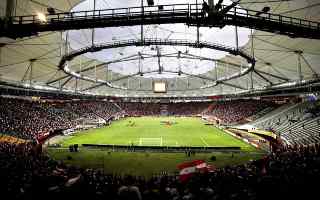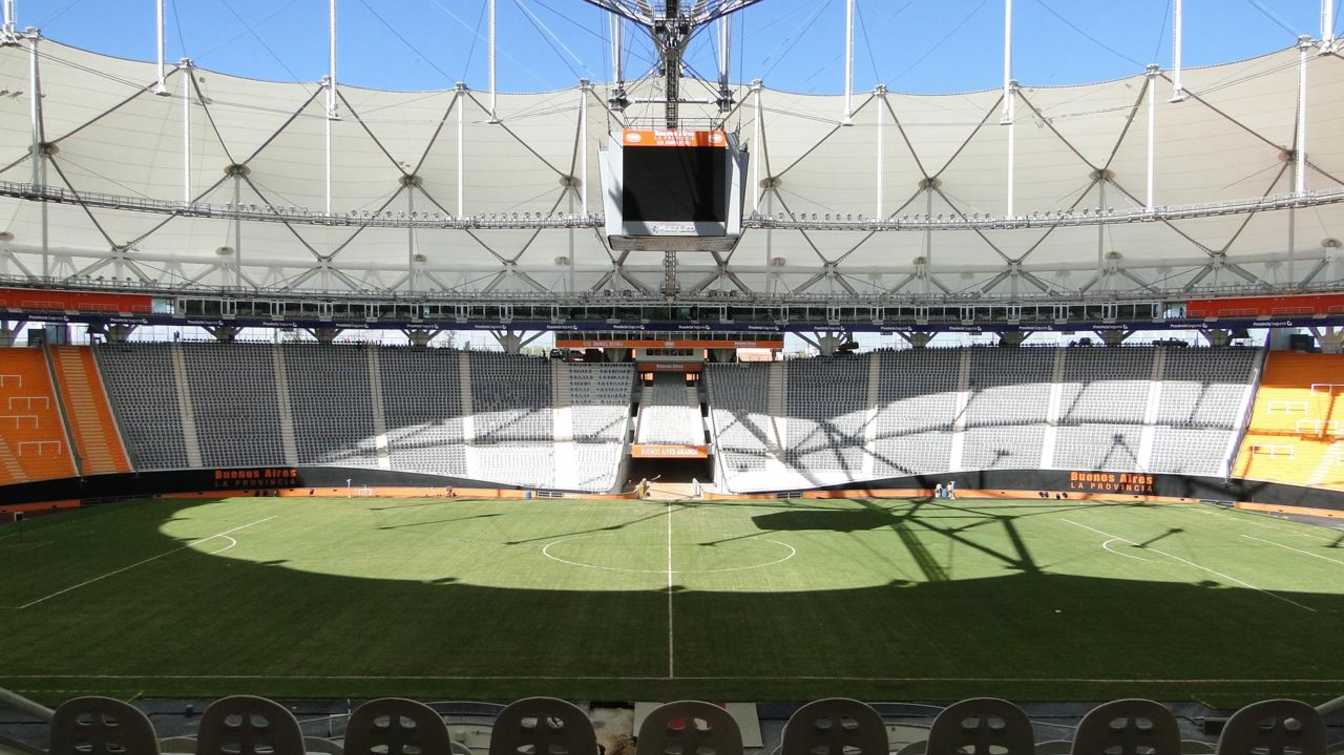Argentina: Estadio Único to become a home of national team
source: StadiumDB.com; author: Paulina Skóra
 The Estadio Único de La Plata will officially become the home of Argentine football. This agreement was formalized through Resolution No. 11, published in the Official Gazette of the Province of Buenos Aires and signed by Governor Axel Kicillof and the President of the Argentine Football Association (AFA), Claudio "Chiqui" Tapia.
The Estadio Único de La Plata will officially become the home of Argentine football. This agreement was formalized through Resolution No. 11, published in the Official Gazette of the Province of Buenos Aires and signed by Governor Axel Kicillof and the President of the Argentine Football Association (AFA), Claudio "Chiqui" Tapia.
Advertisement
An agreement that opposes proposed reforms
Announced in December 2024, this agreement carries both sporting and political significance. In an election year, it underscores an alliance between Kicillof and Tapia, who are united in their opposition to the proposals of presidential candidate Javier Milei. Milei has championed the introduction of Sports Stock Companies (SADs) as part of his reform agenda for Argentine football—a plan strongly opposed by the AFA. This agreement bolsters the AFA’s commitment to maintaining public management of football in Argentina.
Top-tier events, including at least one senior national team match
As part of the agreement, the AFA has committed to investing in the maintenance and modernization of Estadio Único, ensuring the stadium’s upkeep throughout the duration of the partnership. The collaboration includes hosting top-tier sporting events, including at least one official or friendly match featuring the men’s national team and four matches involving other national teams, both male and female. The agreement also grants the AFA the ability to use the stadium for cultural purposes, positioning it as a strategic hub for sports development in the province of Buenos Aires. The stadium will not only serve as a home for the national team but also as a landmark for Argentine football and culture. Simply put, it will become the Home of the Argentine National Team.
Within the next 60 days, the AFA must present a detailed plan outlining the necessary investments for the stadium’s maintenance and modernization, as well as a schedule of upcoming sporting events.
 © General Secretariat of the Government of the Province of Buenos Aires| Estadio Único, as its name suggests, is unique. From the planning stage, it was one of the world’s most unusual stadiums, as its stands were designed not in the classic layout but based on two interconnected circles.
© General Secretariat of the Government of the Province of Buenos Aires| Estadio Único, as its name suggests, is unique. From the planning stage, it was one of the world’s most unusual stadiums, as its stands were designed not in the classic layout but based on two interconnected circles.
Advertisement
 StadiumDB
StadiumDB